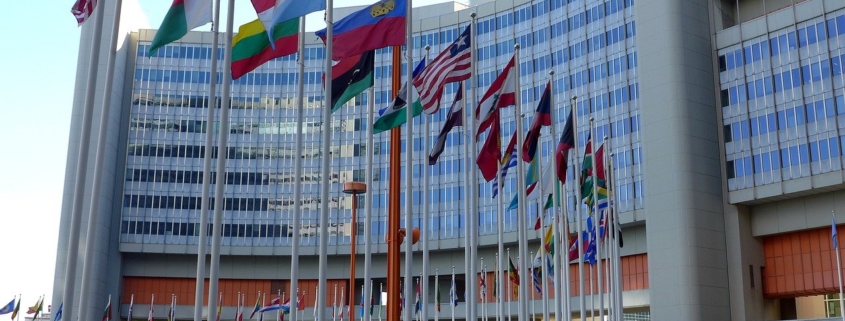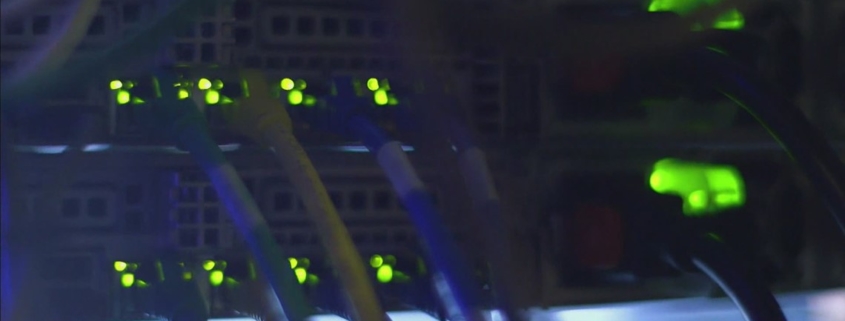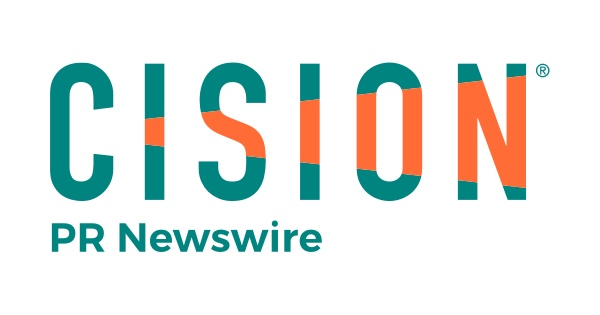UNIDIR conference discusses confidence-building in cyberspace
“Confidence building is a long journey. It has ups and downs. It gets pulled off course by different factors so a strong foundation in which to base our discussion is crucial to keep moving forward,” said Kathryn Jones, Head of International Cyber Governance, United Kingdom, during the 2021 Cyber Stability conference organised by the United Nations Institute for Disarmament Research (UNIDIR).
The panel discussion, moderated by Samuele Dominioni, Researcher, UNIDIR, was convened to discuss the importance of confidence-building measures (CBMs) in reducing tensions among countries. The panel consisted of Gerardo Isaac Morales Tenorio, Coordinator for Multidimensional Security, Multilateral Affairs, Ministry of Foreign Affairs of Mexico; Yutaka Arima, Ambassador for Cyber Policy of the Ministry of Foreign Affairs of Japan, and Kaja Ciglic, Senior Director, Digital Diplomacy, Microsoft.
There are increased instances of states developing ICT (Information & Communications Technology) as an instrument of warfare which means it is crucial to develop confidence-building measures to reduce the risk of misperceptions and avoid conflicts.
Countries must elaborate on the role of ICT agencies, remarks Kathryn Jones
Role of regional collaboration: “The UN has a strong role in global confidence-building measures but we’ve seen regional organisations really pick up these confidence building measures and progress has tended to be faster at the regional level. It’s obviously easier to build confidence within an established relationship. Regional fora such as OSCE have resource pools which reduce the cost to individual states of having to build bilateral CBMs individually,” Jones told the gathering.
Leveraging United Nations: “…fills a gap by sharing experience and by providing a space in which avenues for collaboration and mutual learning can be established. The membership of the UN is a diverse group of states and all will never take the same approach with everything and we don’t need to but we do need to understand how other states see things and crucially, how they might act in cyberspace so as to avoid that misunderstanding and inadvertent escalation,” she explained.



